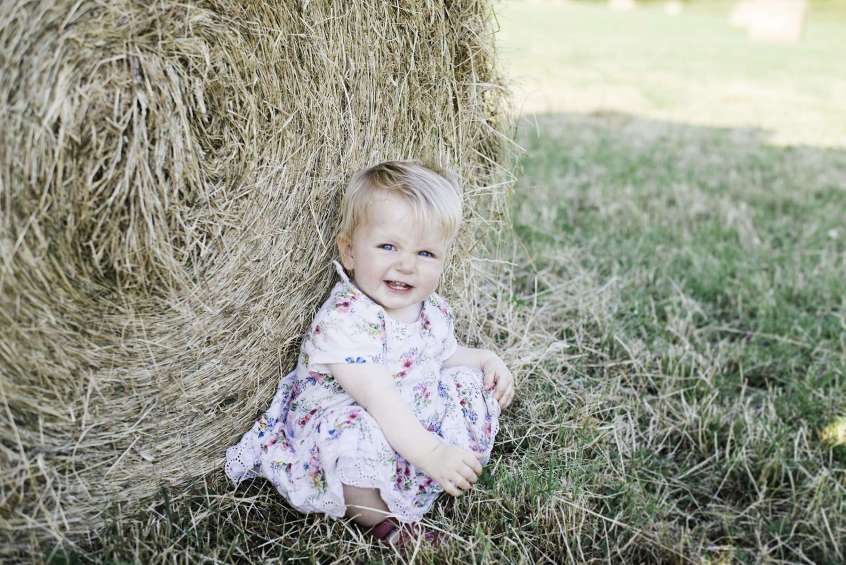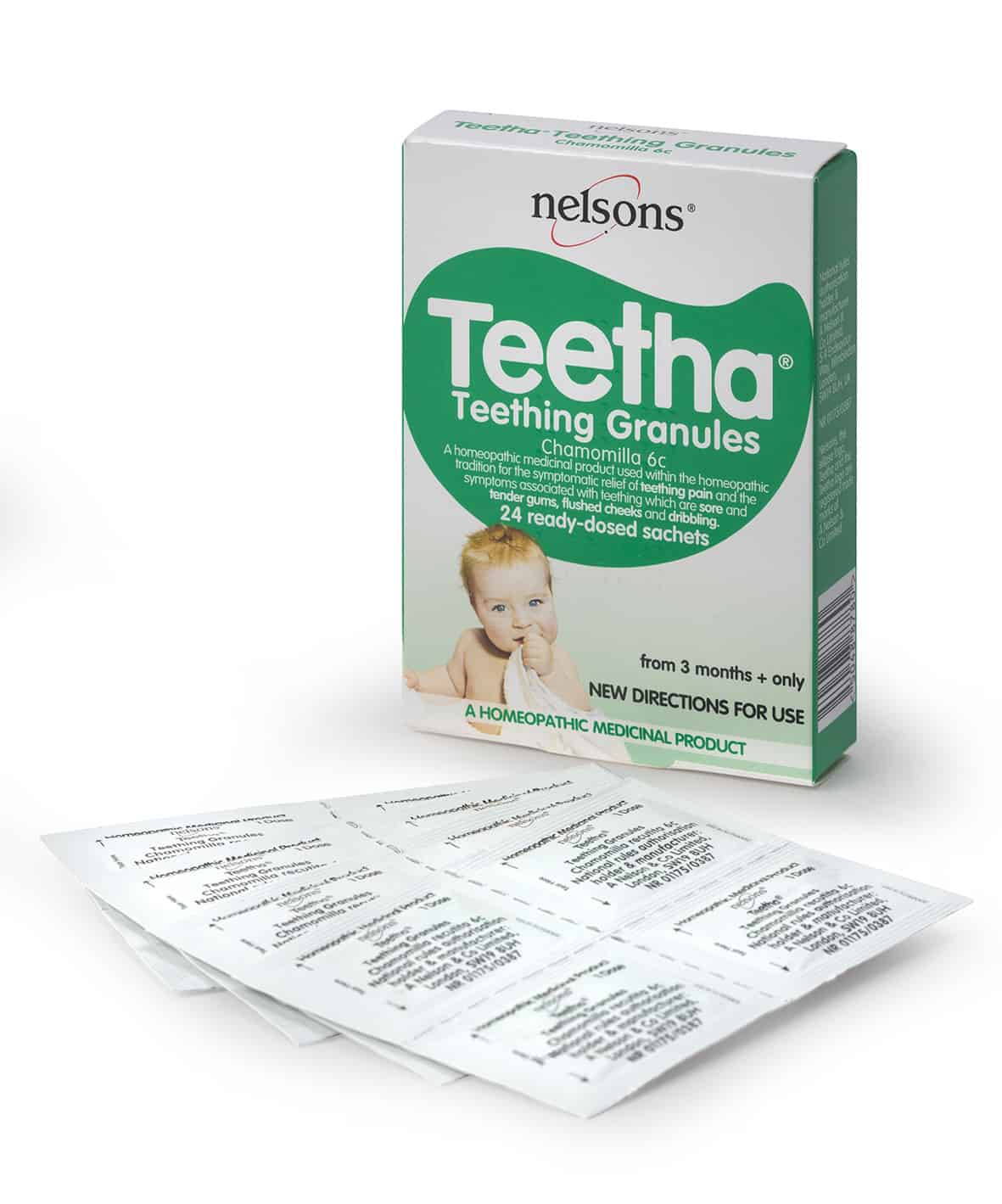The 6 step guide to teething
Now that my girls are a little older, I often look back fondly on their baby days. Soft skin, baby cuddles, lazy days, nobody answering back… But the one thing I don’t miss is teething. For us, grumpy babies and nappy rash came hand in hand with new teeth. You may recall that my two girls were so different in the way their teeth came through that we ended up Googling ‘can babies have dentures?’. So, I’ve teamed up with Nelsons Teetha to produce a guide to teething. No two babies are the same, but this guide should help you to understand what you’re dealing with.

1. The symptoms
First off, most babies start teething at around six months old. But that’s not a hard and fast rule. They could start at three months like my eldest, or not until nearly 12 months like my youngest. Before teeth emerge, you might notice baby is dribbling or has sore, red gums.
2. First teeth appear
Most babies get their first teeth on the bottom of their mouth in the middle. Known as central incisors, these first tiny teeth will change the appearance of baby’s face as they develop a cute, toothy grin.
3. Top teeth
The next teeth to appear are usually the ones in the top-middle of baby’s mouth. These are known as central incisors and as long as baby is at least six months old, Nelsons Teetha have a great tip for helping babies whose top teeth are coming through. Giving them something to chew that has been cooled in the fridge like a cucumber or carrot stick can sooth their gums.
4. Lateral incisors
The teeth next to the centre ones at the bottom should arrive when baby is between 10 and 12 months, although it could take them until up to 16 months. These are known as the lower lateral incisors. Upper lateral incisors appear next to the central top teeth between 9 and 11 months.
5. Time for molars
Molars can arrive at between 12 and 16 months. This usually happens at the same time on the top and bottom of the mouth. The second molars are the very back teeth, which grow through the gum at the bottom first, followed by the top. By the time children are two to three years old, they should have a full set of 20 teeth.

6. Nelsons Teetha
For babies over 3 months old, you could try relieving their teething symptoms with Nelsons Teetha Teething Granules. This homeopathic medicinal product is traditionally used to relieve teething pain and symptoms including tender and sore gums, dribbling and flushed cheeks. The granules, priced at £5.85, contain natural Chamomilla. You can find them in Boots, Holland and Barrett, Lloyds pharmacy and some grocers, independent pharmacies and health food stores.
Always read the label and consult a doctor if you are worried about your baby’s symptoms, particularly if they have a fever. For more information on Nelsons Teetha products, see their website. You can also join the Teetha community on Facebook.








Great tips for teething! I used to use Nelson’s with my eldest, he had horrible teething as a baby!